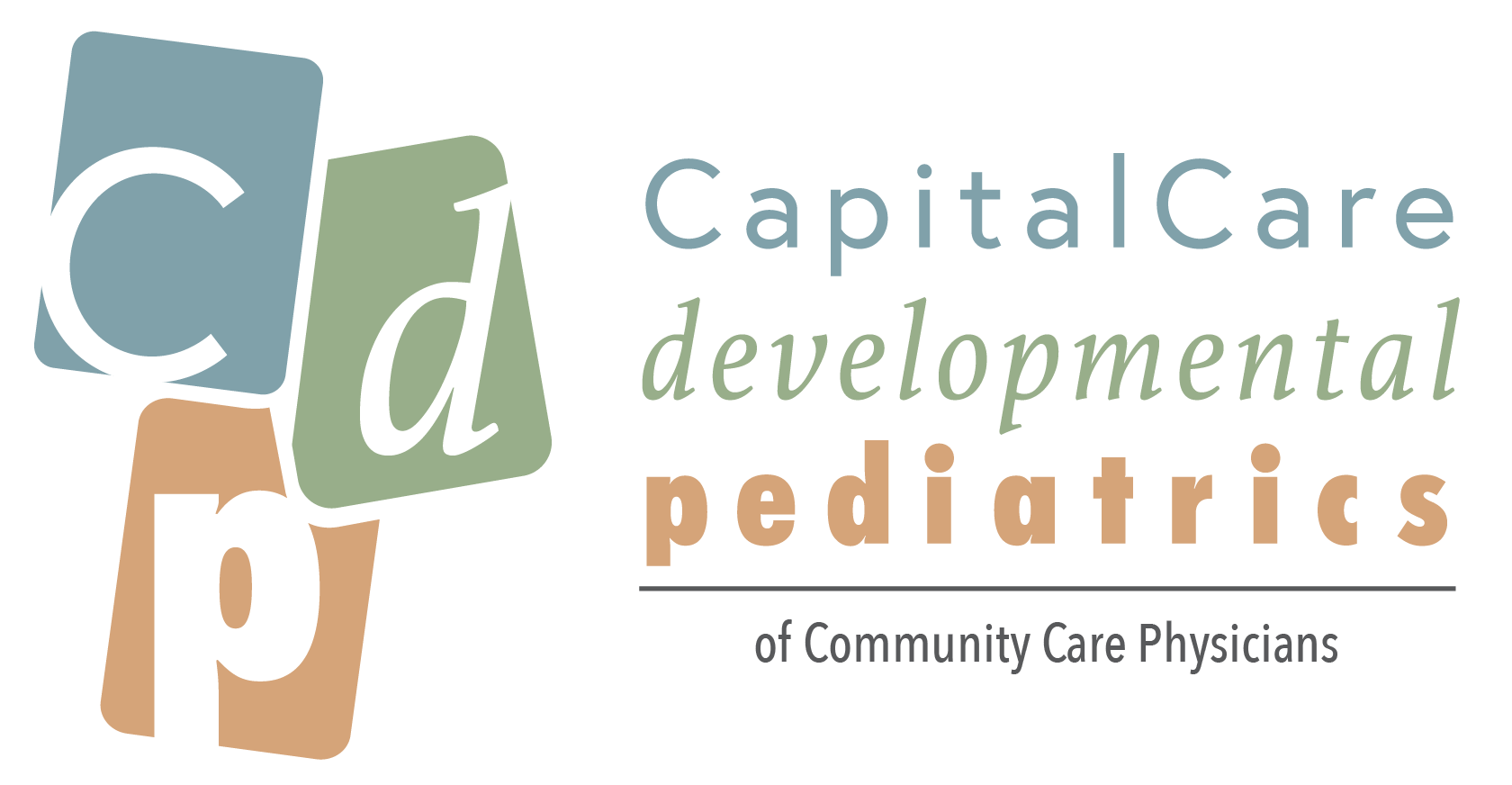What kind of evaluation is done?

The assessment includes consideration of heredity, medical history, current health status, developmental evaluation, and assessment of specific areas of concern.
What can be gained from an evaluation?
We help parents understand specific diagnoses, plans of intervention, short term issues and concerns and long-term issues that will need attention. We work to give parents the information they need to be the best advocate for their child and to give parents the big picture of their child’s developmental well-being. Medical considerations such as further laboratory testing, neuroimaging, nutritional interventions, and rehabilitation issues might also be a part of the evaluation.
What kind of children do we see?
We focus on children who may have a developmental disability. For example, we evaluate infants with slow motor development, toddlers with delayed speech, communication problems or autistic symptoms. We also see preschoolers and school-age children with learning difficulties. Children born with birth defects and medically fragile children, especially those with developmental disabilities, are seen to help plan their complex pediatric care. We also evaluate children who are at risk for developmental differences due to prematurity, failure to thrive, health issues, genetic concerns, adoption or issues of problem caregiving.

